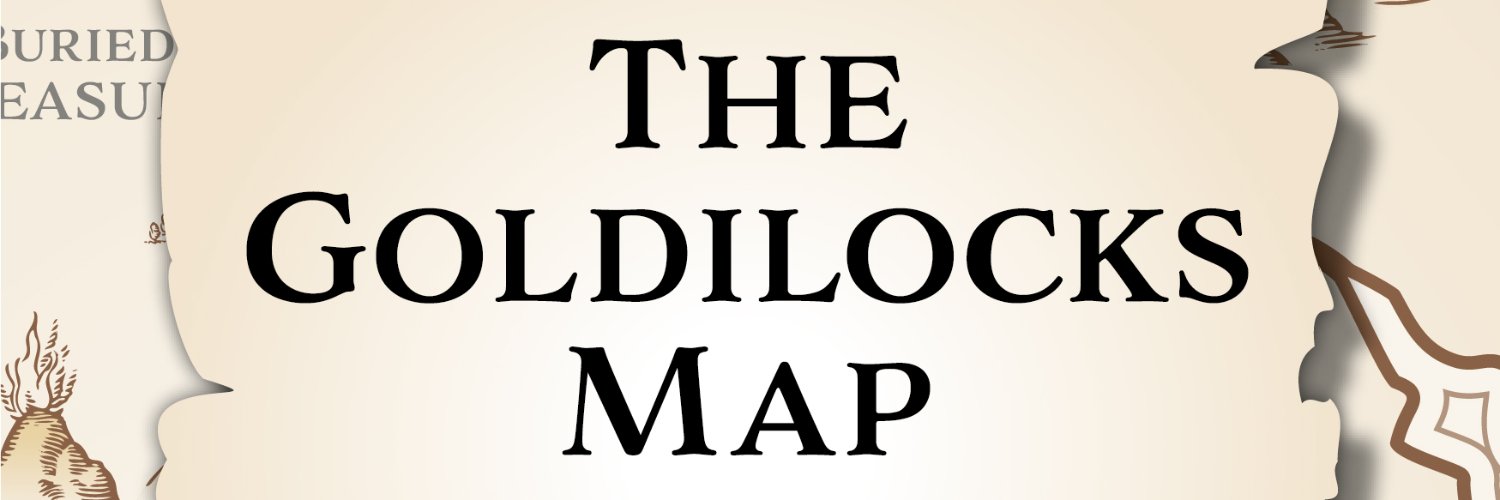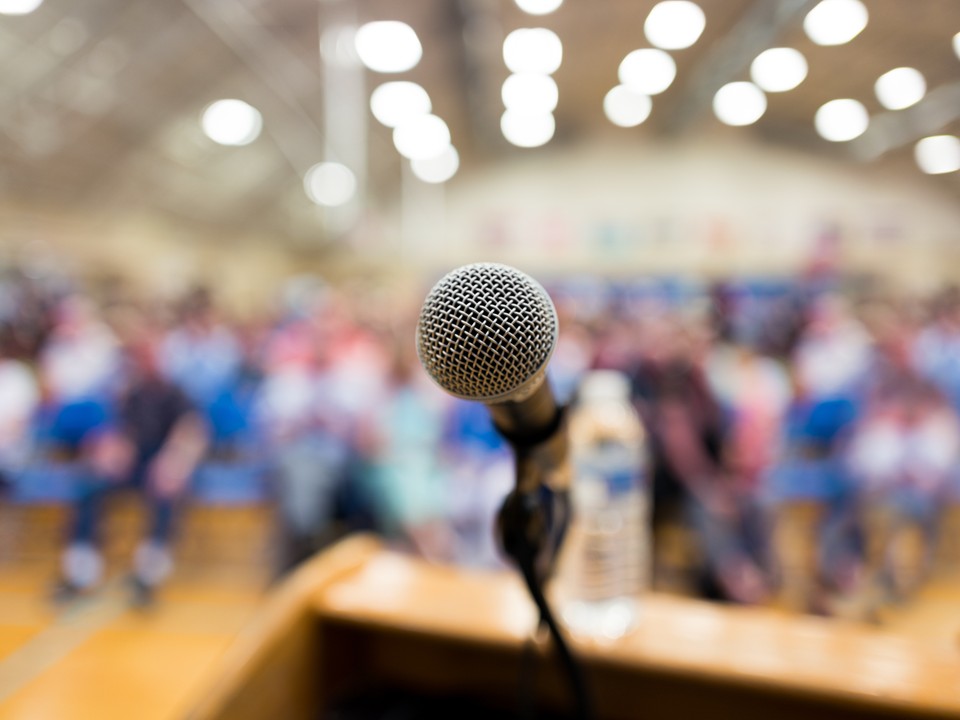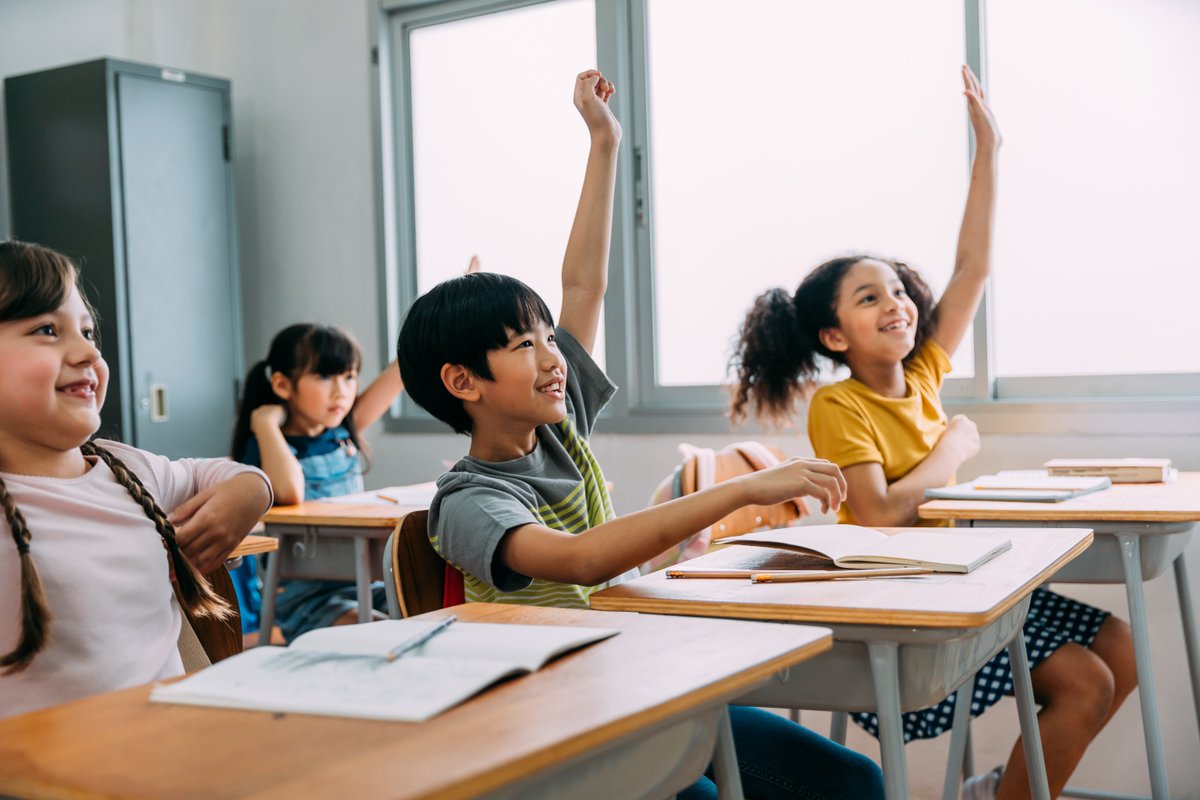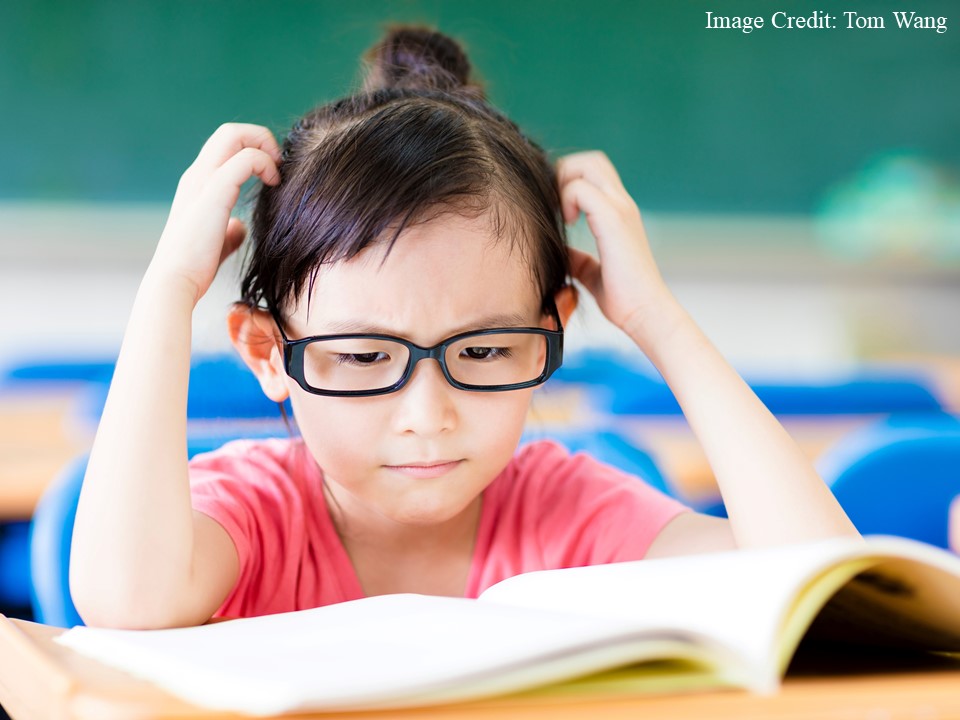
Andrew Watson
@AndrewWatsonTTB
PD presenter for schools interested in brain science. Exploring research on memory, attention, & motivation. Author of 3 books. @[email protected]
I spend most of my blogging time writing about research in cognitive science. For a change, I thought I'd write about good conference presentations. Here's hoping these suggestions come in handy! bit.ly/3ZrEQ2r

Really useful post about presenting at conferences! Thanks @AndrewWatsonTTB !
Our blogger spends most of his time writing about research in cognitive science. For a change, he thought he'd write about good conference presentations. Here's hoping his suggestions come in handy! ow.ly/IVvi50W9k3G
I’m delighted to announce I will be presenting at researchED Denver!! This is such an honor, and I can’t wait to see everyone there too!
Just a few more days! If you have teaching ideas that are: interesting, useful, important, & ** supported by research ** @researchED_US and @DenverMuseumNS want to hear from you by July 21: bit.ly/3HzcwF7
Capacity is capacity, but you can offload demand by building automaticity which means less ‘work’ for WM. So instead of building capacity, automaticity relieves it. A la more free space but not bigger.
The advice sounds so simple: "explain the #goals to students; offer them #feedback!" I've found research that supports -- and complicates -- this advice: ow.ly/wQV750W4h1n

Do captions/subtitles help students learn? Because captions are EVERYWHERE, I thought it would be fun to look for research on this question. Turns out: the baseline answer is "almost certainly not." learningandthebrain.com/blog/video-cap… Lots of caveats, of course.
🚨 Call for applications 🚨 If you have a message to share with teachers that is: * interesting * useful * important, and * supported by research @researchED_US and @DenverMuseumNS want YOU to apply for our 9/13 conference in Denver! Deadline: July 15 bit.ly/3HzcwF7
Follow my Facebook page for insights on making school conversations work better. I share practical ways to turn tough meetings into productive dialogue, help teachers collaborate meaningfully, and build the kind of discussions that actually move schools forward. Drawing from 20+…
We want our students to enjoy #reading, and to be skilled readers. Is one of those goal more helpful than the other? I found a useful twin study from Finland: ow.ly/Bi7a50VWj4A

Apply to speak at @researchED_US in Denver!
Our BIG ANNOUNCEMENT!! You have a message to share with teachers that is: * interesting * useful * important, and * supported by research? @researchED_US and @DenverMuseumNS want YOU to apply for our 9/13 conference in Denver! Please -- apply here! bit.ly/3HzcwF7
Last week, I doubted my doubts about the importance of #gestures in learning. This week, I doubt my doubts about #PBL. ow.ly/b41H50VUEtP That post led to this podcast discussion: ow.ly/uNM150VUEtQ

Our BIG ANNOUNCEMENT!! You have a message to share with teachers that is: * interesting * useful * important, and * supported by research? @researchED_US and @DenverMuseumNS want YOU to apply for our 9/13 conference in Denver! Please -- apply here! bit.ly/3HzcwF7
Is #embodied_cognition a thing? Should students use #gestures while learning? I have found a "steelman" study...but I have enduring concerns: ow.ly/mY0i50VTpuo

